Heather Grove does an excellent job of concisely explaining various roleplaying techniques. Discussed below are the concept and illusion of free will, subtle scripting, communication and/or lack thereof between GM and players. I have provided several excerpts of hers along with a few of my own notes to further the discussion of our recent Q&A session.
Following excerpts are from: "Free Will in Roleplaying"
Copyright 2000 by Heather Grove. Currently printed on the Burning Void roleplaying resources page.
------
The Appearance of Free Will
What a lot of people don't realize is that it's more important for the players to believe that their characters have free will than it is for them to have free will. As long as the guiding hand is invisible - as long as you trick your players into making the choices you want them to make, seemingly of their own free will - they'll never know the difference. You just have to be ready to throw that guiding hand out the window if your players are bound and determined to do what you don't want them to do. Better to let them lose the quest or end up in an entirely different plot than to make them think that their choices don't matter.
------
I am notorious for these type of traps in my own games. The guiding hand theory is always deep in my mind when my own group meets a challenge. Alex brought up a great example with his character Nails a few sessions back. The Healing Scars, through some crazy means, traveled through time using a locus to the year 1990. Instead of dealing with the immediate problem on the train, his attention focused entirely towards David Simmons, his arch enemy. In this current time period the young man would only be a small child, making him an easy target to kill. His original line of thinking completely caught me off guard and forced me to think "outside the box" in order to contain the validity of my script. On another note, paradoxes (time travel) are best left undone in a game because it almost always complicates the situation. I knew quite well when using this type of plot device that handling the whole ordeal woulf be "tricky" at best.
------
Subtle Scripting
Not all forms of scripting are blatant. Some are subtle and insidious. The GM might use narration to slip in hints about how the characters must feel. For example, "as you near the corner you see a bloody footprint. It fills you with fear." Such comments are subtle and you might not even realize that you're making them. They're important to avoid when possible, however. Telling a player how her character should think and feel is one of the worst forms of control. (For a particularly bad example of this form of scripting, see our review of "Supernumerary.") The example above isn't a terrible one. It's worse when a GM tells the characters something that directly affects their actions. To pull on the example in that review, you really shouldn't tell a character: "While your suspicion of the android is evident even to him, you cannot deny the necessity of his proposal." In this example the GM blatantly scripts actions as well as feelings: he has decreed that the characters should find the android's proposal necessary, which will have a huge impact on their actions. Mind you, some such comments may be appropriate - maybe a wizard cast a spell to make anyone who saw the afore-mentioned bloody prints feel fear. Or maybe the character has a premonition that takes the feeling of a shiver of fear. "It fills you with fear" does not automatically mean that the GM is scripting. And admittedly, it can be hard to notice when you're saying these things unintentionally. But when possible, you're always better off tailoring your description to evoke the response you want, rather than simply stating the response. In the example of the bloody footprint, you might instead say the following: "You near the corner of the street. The lamp has burned out and everything is a blur of shadow. You can barely make out the shape of a footprint on the ground, but as you get closer, you note rivulets of a dark red fluid trickling out of the footprint. The shadows seem to press closer, and you hear a rustling sound off to your left in the bushes..." You get the point. Use concrete, physical description to convey the feeling you want the character to feel.
------
I'm going to use Nails again in an example. When reading the resurrection book I scripted that Alex's character would feel fear from Magaloth's intentions towards the Ethros realm. What took place was exactly the opposite, Nails connected with the spirits lust for destruction, and rightly so. It is very easy to generalize feelings produced from certain events and not give them their due weight in regards to personal experiences. Luckily, Alex caught this remark in the session summary and the error was corrected.
------
Communication
One way to avoid the apparent need for scripting is to communicate with your players before the game to make certain that you're all on the same wavelength. If some of your players hate politics-plots and that's what your whole story arc is based on, you're going to have a problem, and you may end up feeling as though you have to push people into following your plot. If you talk to people ahead of time you can make sure that everyone's interested in the same kind of game, and muck with the plot if they aren't. In addition, pay attention to what the characters say when they talk amongst themselves during the game. If they talk about their feelings and suspicions regarding events, they may provide you with plenty of information to allow you to tailor the events to them. When it comes down to it, running a game that isn't scripted can be challenging - that's why a lot of people avoid it. But it isn't as challenging as people think. It avoids a lot of potential friction between GM and players, and it can result in a game that's more fun for all. Besides, nothing quite compares to seeing the wonderful, unexpected plots that your players can make out of your game.
------
The Ethros realm is a "cut and paste" example of how I've used communication to determine how to tailor the story. While the bulk of the plot is socially strained towards Alpha packmate Marcus Blair, I have kindly balanced other twists (the thinking trials of the Five of Seven, the brute force necessary to accomplish the last two) in the game. Labels: Free Will, GM Nonsense |


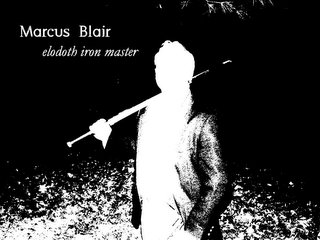


 Pack Alpha
Pack Alpha




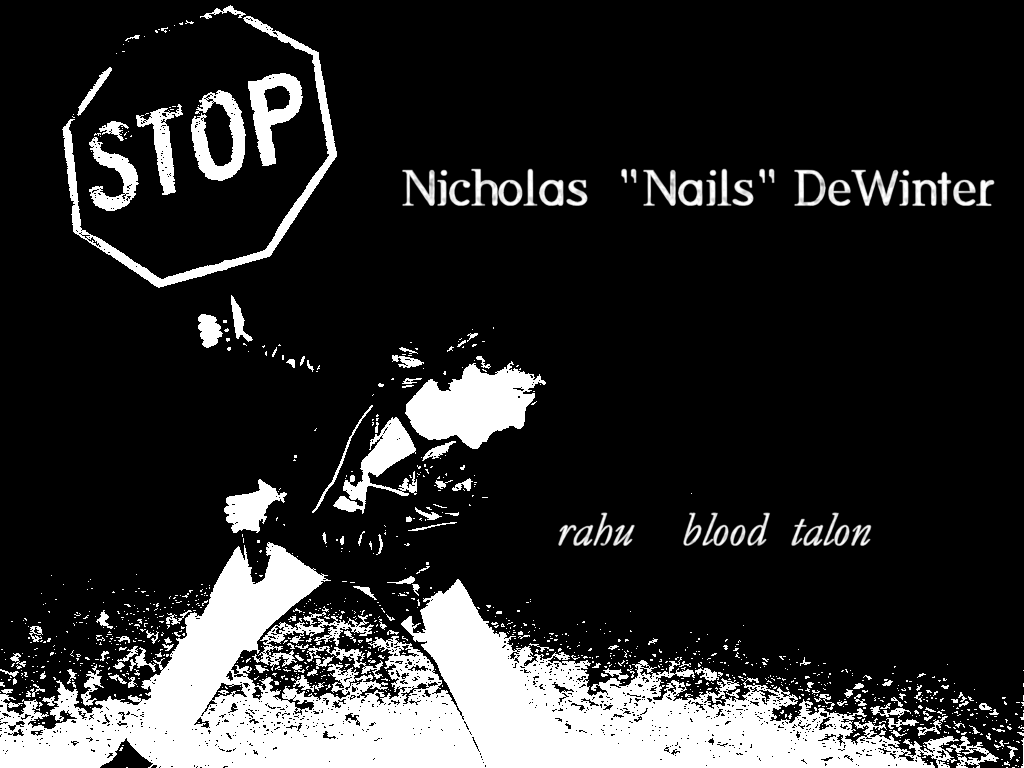




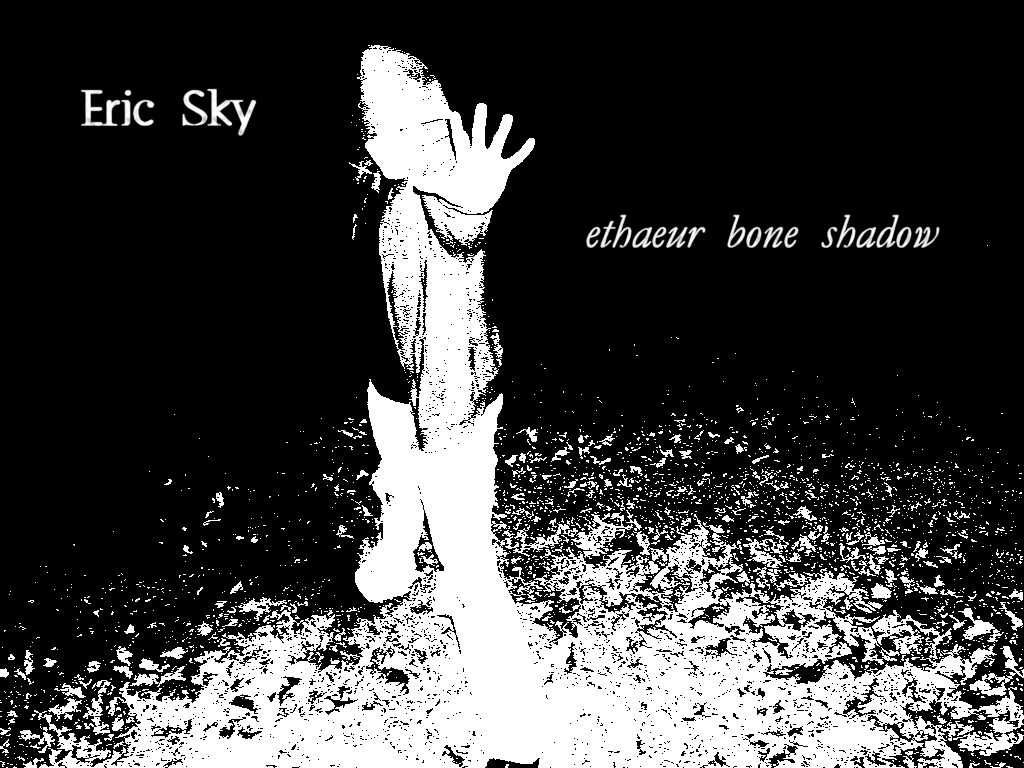
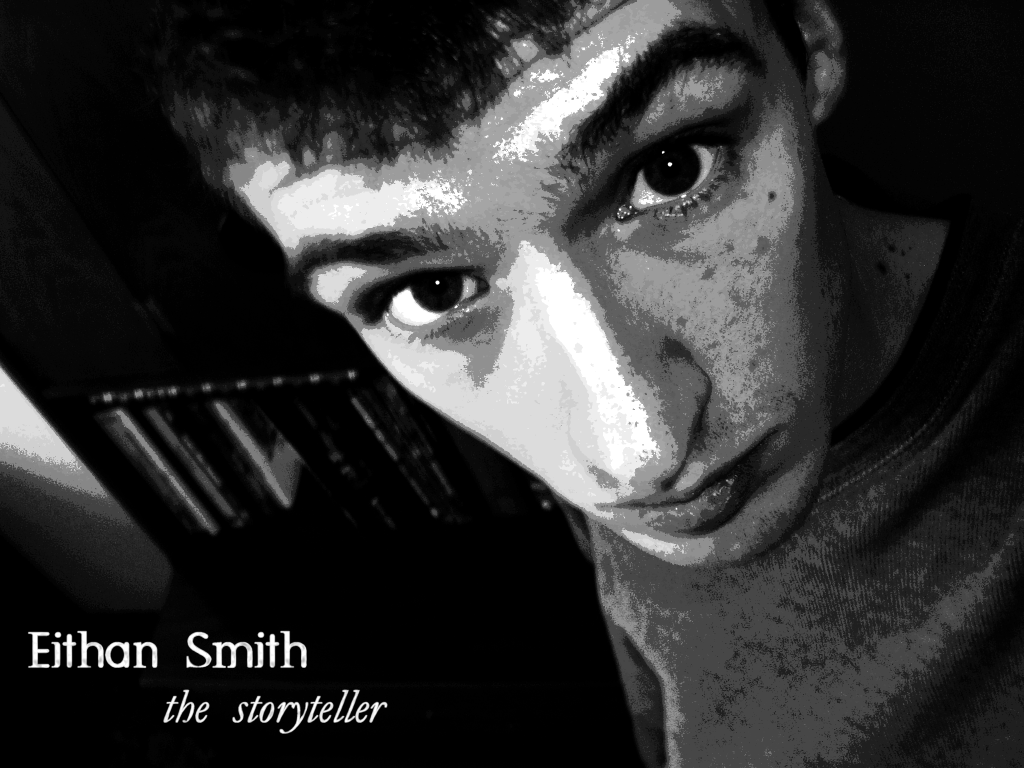





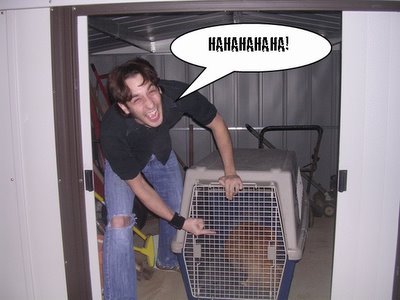



Comments on "Free Will In Roleplaying"
post a comment